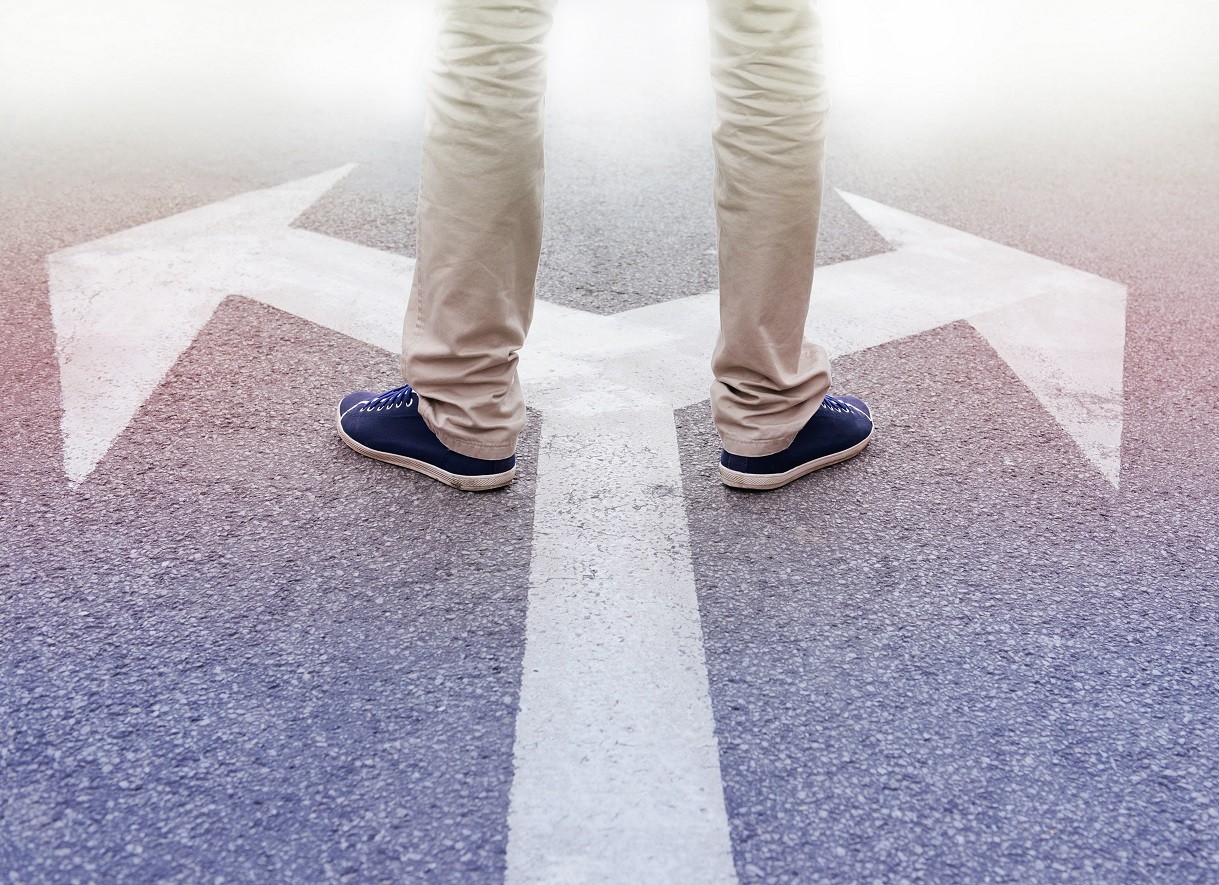
22 Nov 2020
We are wired to hate uncertainty
In our latest thought piece, Mantle director Denise Carter ponders why we are wired to be so uncomfortable with uncertainty, and whether coping with uncertainty is a skill that can be learned.
In these Covid times one thing there is no shortage of is uncertainty, and it is taking a toll on peoples’ well-being.
The trouble is, as human beings, we generally really value control; we tend to admire others who are in control and we often congratulate ourselves as we learn to control our own personal circumstances, so control becomes a default go-to state when we’re faced with uncertainty and that’s where the problem lies.
Back in 2016 investigators Archy de Berker and colleagues conceived one of the most sophisticated experiments in the relationship between uncertainty and stress. The volunteers for their experiment played a computer game requiring them to overturn rocks that might have snakes hidden under them.
If a snake appeared a painful (but harmless) electric shot was delivered, thus the participants were highly motivated to figure out which rocks hid the snake.
Naturally they tried to learn the habits of the snake population better to avoid the shocks, so the investigators actually made sure that the levels of uncertainty, what they called irreducible uncertainty or risk would fluctuate yet remained high.
So, tracking several physiological measures like skin conductance and pupil dilation they also got participants to report on how stressed they were feeling from moment to moment.
The main finding was that all stress measures, both subjective and objective, maxed out when the uncertainty was highest and where predictability was at 50%, when people had absolutely no clue about whether they’re going to get shocked or not.
Other studies have also uncovered a link between uncertainty and stress but never with such precision.
So, what’s the big deal you say; everybody knows that uncertainty creates stress, don’t they?
What isn’t so obvious is that uncertainty is more stressful than predictable negative consequences are.
It really is more stressful wondering whether you’ll make it to your meeting on time then knowing for sure you’ll be late.
The Covid impacts have really ramped up uncertainty for many, even here in NZ. What will happen to the economy, is my job or business safe, will we get another outbreak etc.
You might have heard of the dopamine and reward system and its role in addiction.
We know that certain choices of behaviour are difficult to resist because they send cues of dopamine gearing up to the reward system (Striatum). The reward centre isn’t just about reward; probably more accurately, it’s the action centre. It not only propels our behaviour towards positive outcomes, it also propels our behaviour away from negative outcomes, punishment and adverse consequences.
Over millions of years of evolution, the Striatum has developed the ability to not only anticipate good and bad consequences; it’s able to predict the odds of those consequences, triggered most urgently when those odds approach an even 50%.
If traffic is running smoothly and you’re likely to get to that meeting on time, there’s no need to fret. If you’re in a bumper to bumper jam and highly likely to be late you might as well relax, think about making your excuses, but if it’s really touch and go and your odds of making it on time approach 50%, then you will try your hardest and it’s that prompt for that effort that is manifested as stress.
The Striatum is flooded with dopamine and its job description requires it to do something, to do anything to improve those odds in order to trigger some corrective action. It activates our sympathetic nervous system, the flight or fight system.
Other studies have demonstrated that participants whose stress responses mirrored actual not imagining levels of uncertainty performed the best on a task. In other words, their sensitivity to uncertainty gave them an edge when it came to predicting which rocks to avoid even though they couldn’t avoid shocks in the long run.
So, this gives hope to us all. Tuning your radio to uncertainty is an adaptive response and it can be learned. We have some choices and options.
This is not a new idea; thousands of years of eastern religions and philosophy have talked about how to deal with uncertainty.
Right now, for many, life is characterised by uncertainty but we can practise our response to erratic and unknown levels of risk by recognising and accepting when we’re not in control, challenging our own tendency to catastrophise, managing our energy and focusing on the big picture and recruiting our every available neuron to regain a degree of control.
